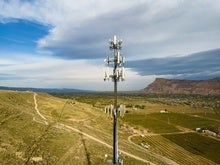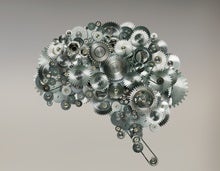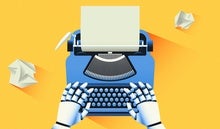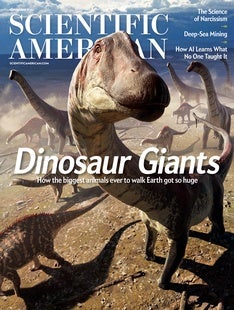 |
| October 10, 2023 |
For people who are deaf or hard of hearing, software that transcribes audio—transforming a person's speech into readable text—can be a vital aid to communication. Now that technology is coming to glasses that display live subtitles for an ongoing conversation. But these new tools still have flaws that may make them less helpful than human sign language interpreters. |
| |
 |
| |
| |
| |
| Politics How AI Could Help China and Russia Meddle in U.S. Elections ChatGPT and similar AI programs give propagandists and intelligence agents a powerful new tool for interfering in politics. The clock is ticking on learning to spot this disinformation before the 2024 election | | By Bruce Schneier,The Conversation US | | | |
| |
| |
| |
| |
| |
| QUOTE OF THE DAY
 "While all major world events are now accompanied almost instantly by a deluge of disinformation aimed at controlling the narrative, the scale and speed at which disinformation was being seeded about the Israel-Hamas conflict is unprecedented--particularly on X." David Gilbert, WIRED | |
FROM THE ARCHIVE
 | | | |
LATEST ISSUES
 |
| |
| Questions? Comments?  | |
| Download the Scientific American App |
| |
| |




















